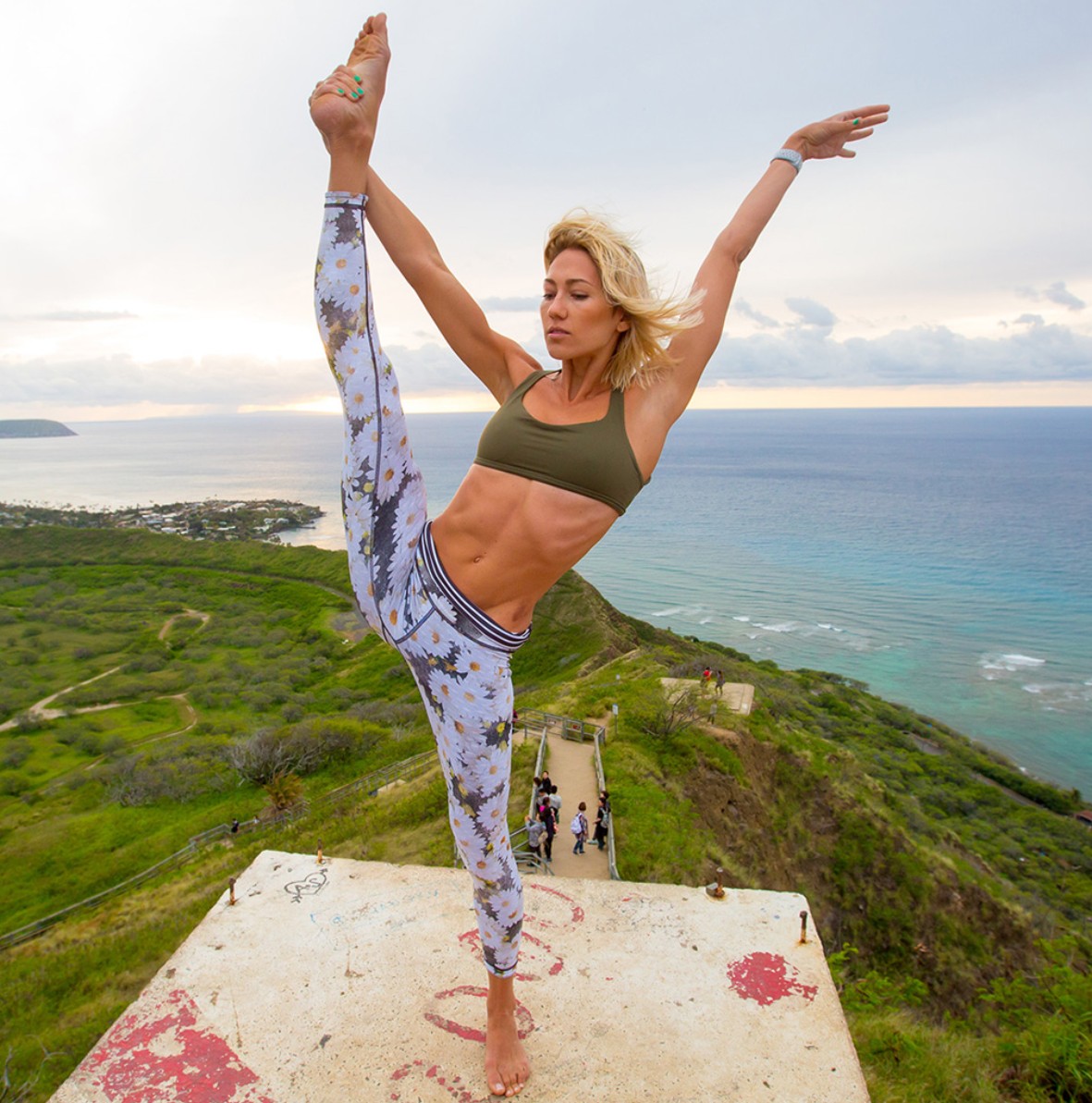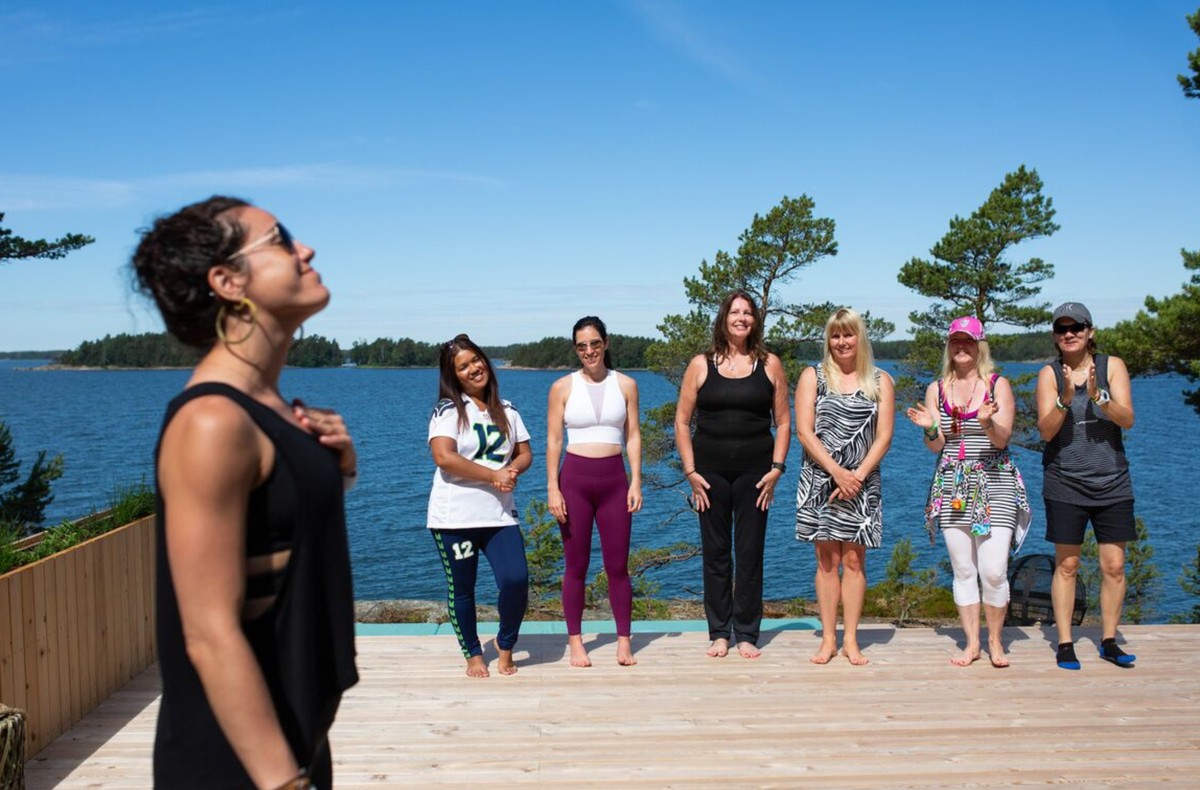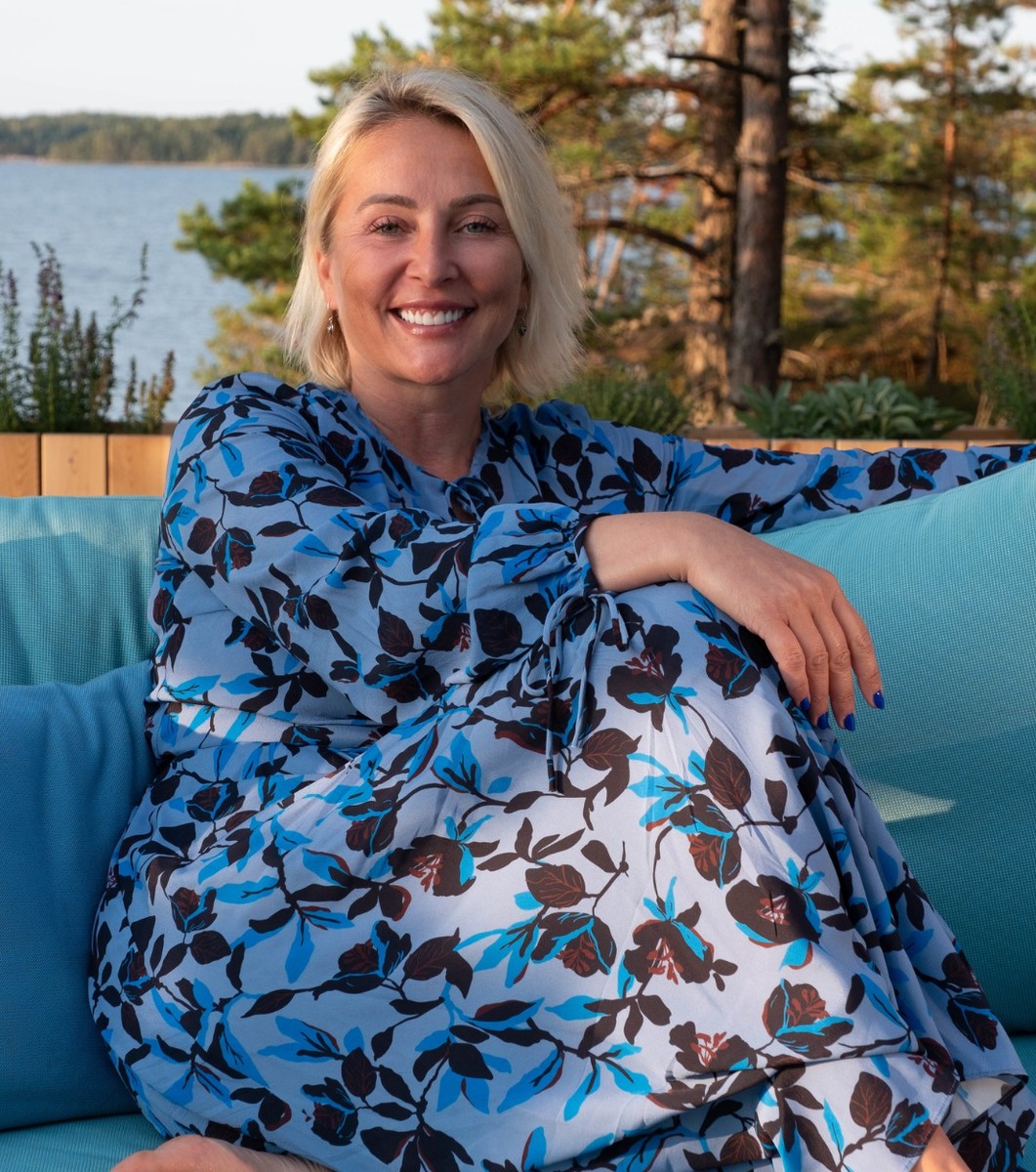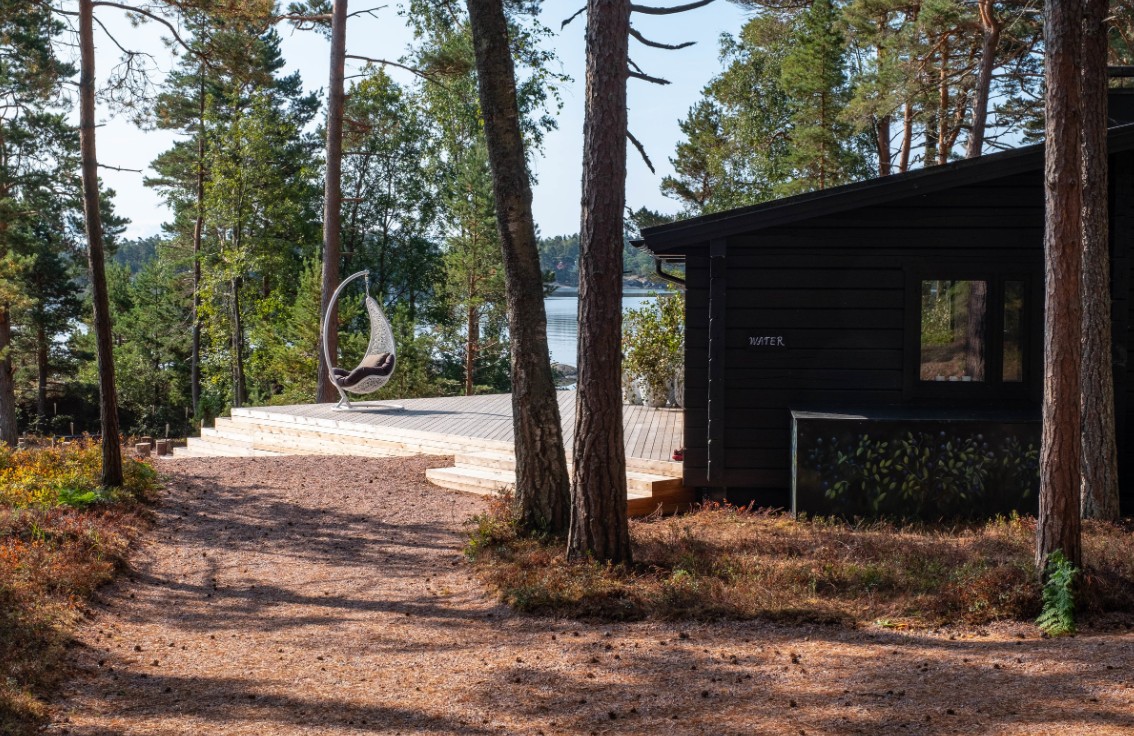She Bought an Island, Banned Men, and Promised a Woman-Only Paradise — Five Years Later It Went Up for Auction
On a tiny Baltic Sea island, Christina Roth bought the land, declared it a men-free zone, and promised a sanctuary where women could reset away from fashion, office pressure, and constant judgment. The concept drew immediate attention: yoga, spa, and the freedom to simply be. A week on SuperShe Island reportedly cost as much as buying a used car, fueling a frenzy of bookings that sold out in minutes. It felt like the start of a new kind of utopia—until five years later, the dream faced financial hurdles, criticism, and a test of whether equality can exist inside a market.

In This Article:
Genesis: Christina Roth’s Dream of a Woman-Centered Escape
Christina Roth was a successful entrepreneur. Her consulting firm brought in about $45 million a year. Watching women chase after appearance and approval, she wanted a place where health and calm came first. She sold her business, used the money to pursue her dream, and began searching for the perfect island. In 2016, during a trip to Scandinavia, she met a local man named Benny; the island she would buy belonged to his family, and a rapid deal followed. A quirky rule soon emerged: the man who helped locate the island would never be allowed to step on it again.

From Idea to Reality: Building SuperShe Island
Three point four hectares of Finnish archipelago land—without electricity or running water—needed a full build from scratch. Roth and her team laid new infrastructure, erected eco-friendly housing, and created a spa with a Finnish sauna, massage rooms, and spaces for yoga and sport. They designed a large, shared kitchen to encourage cooking together, conversation, and community—rather than solitary tasks. The official opening of SuperShe Island took place on June 23, 2018, marking the world’s first men-free resort.

Ideals vs. Access: Public Reaction, Criticism, and Gatekeeping
Public reaction was mixed. Some admired the bold experiment; others criticized it as discrimination. A CNN piece dubbed the project 'an island created by a wealthy white woman for women like herself.' Critics charged elitism, racism, and violations of men’s rights, while authorities conducted checks and reporters voiced harsh judgments. Roth defended the concept as a space for rest and self-connection, not a political statement. In practice, the island felt more like a luxury retreat than a universal refuge. The price was steep—about €4,000–€4,600 per week—while access remained tightly limited: eight guests at a time and just over 120 guests per season, despite global demand. By 2019, entry became even more exclusive: invitations through a paid SuperShe app created a gatekept “club within a club.”

Fall, Reflection, and the Future of Women's Spaces
By 2023 the island went up for auction and sold for about $1.21 million to an unknown entrepreneur. The new owner did not continue the SuperShe concept. Prices, limited capacity, and ongoing criticism limited its appeal, and the experiment ended as a costly, controversial luxury play rather than an inclusive space. The underlying idea—space for women to escape patriarchal norms—proved hard to translate into an inclusive project within the realities of money and inequality. Some guests still share memories of feeling free from male judgment; others hope for a revival under new leadership and more accessible models. If you want to keep exploring unusual places and cultural stories, subscribe to our channel for more articles and journeys into remote communities and traditions.


